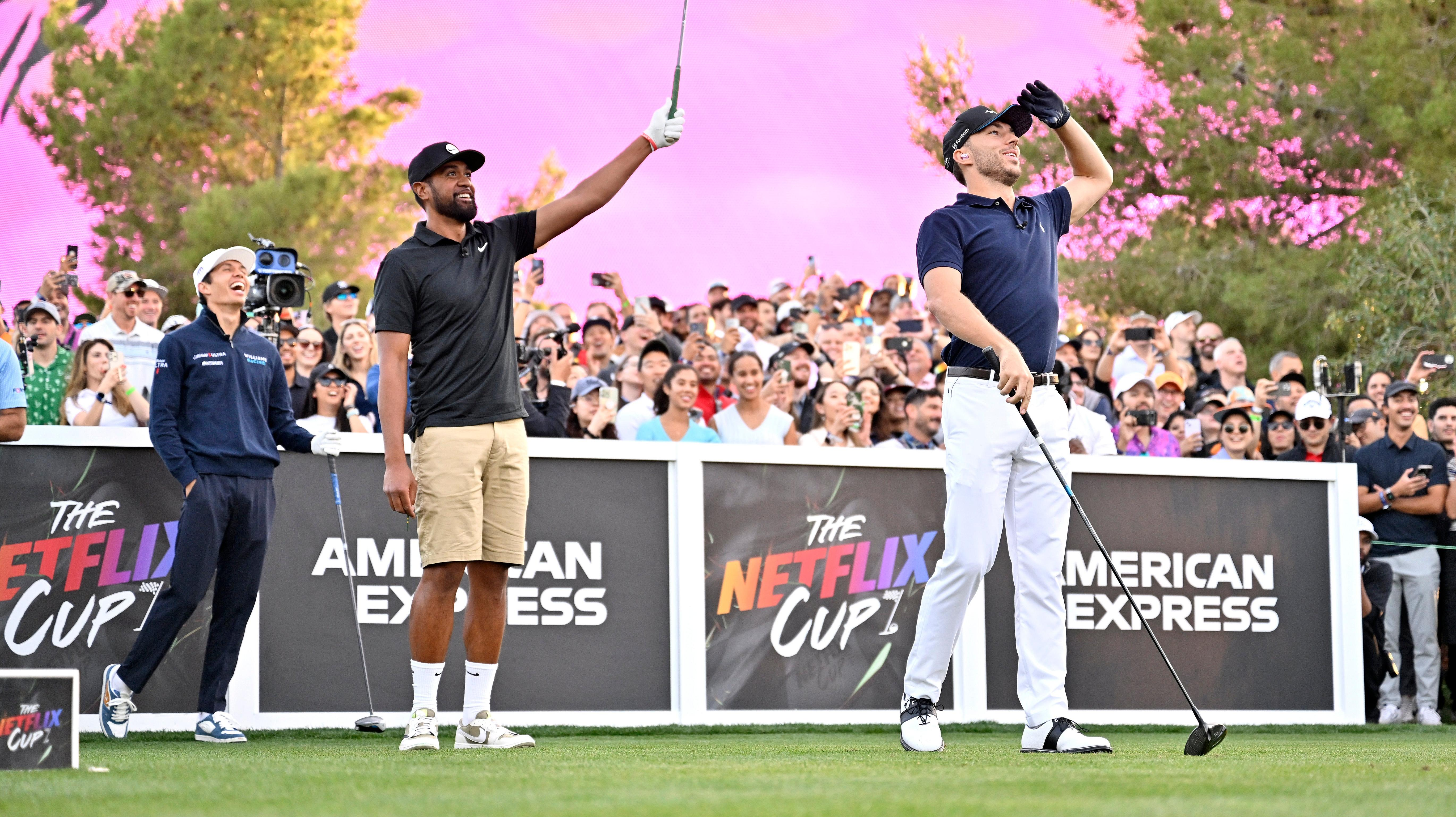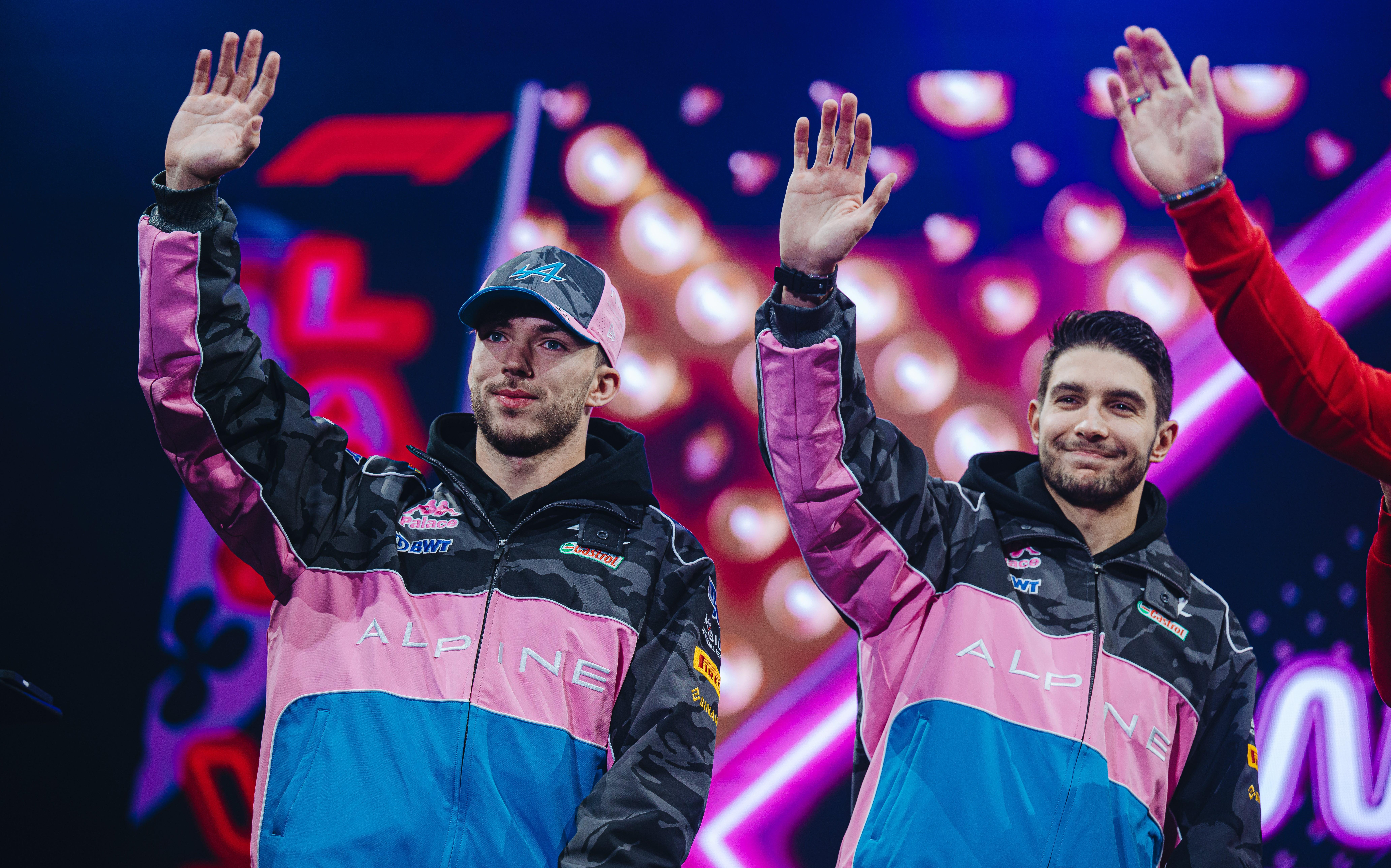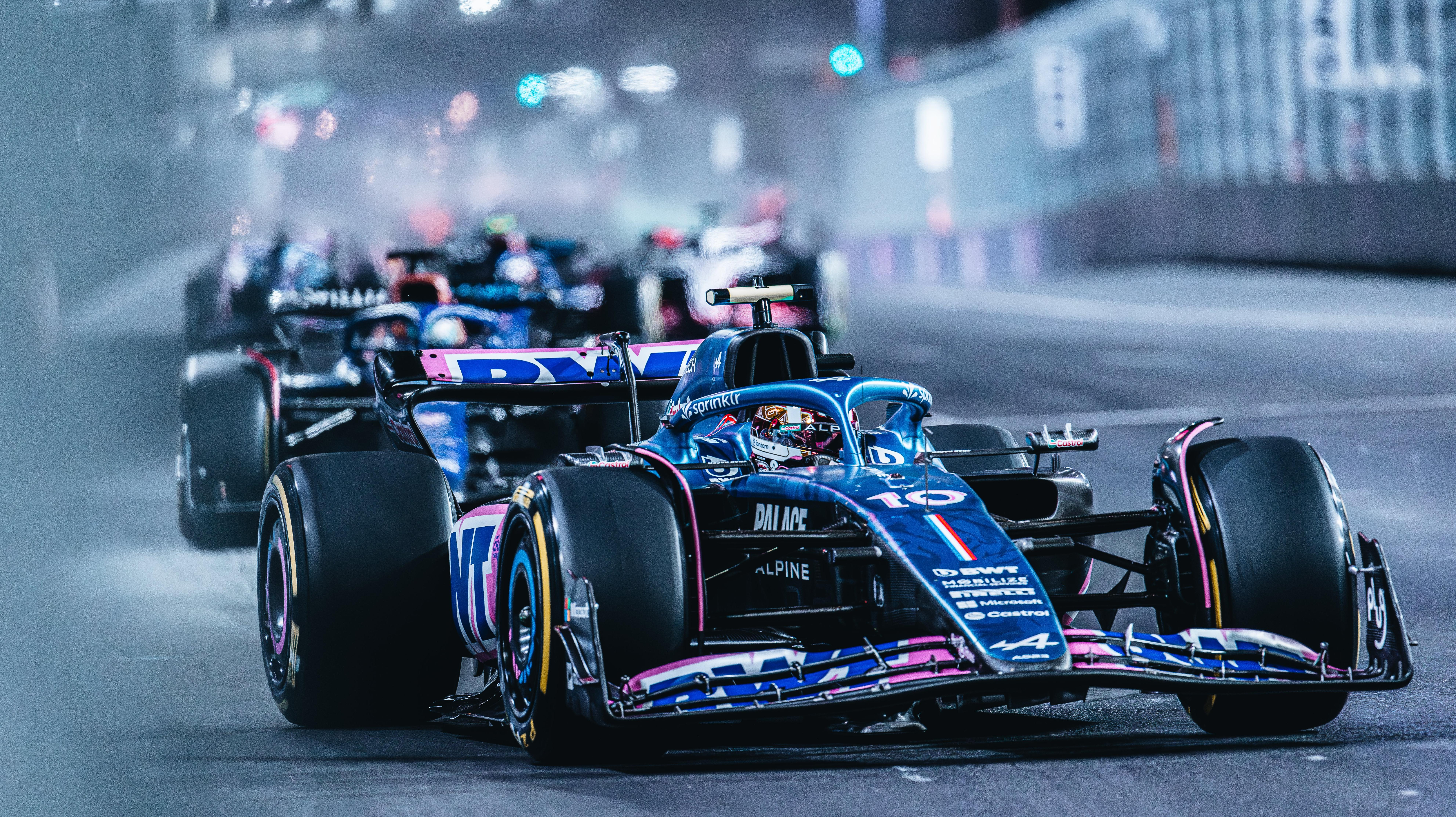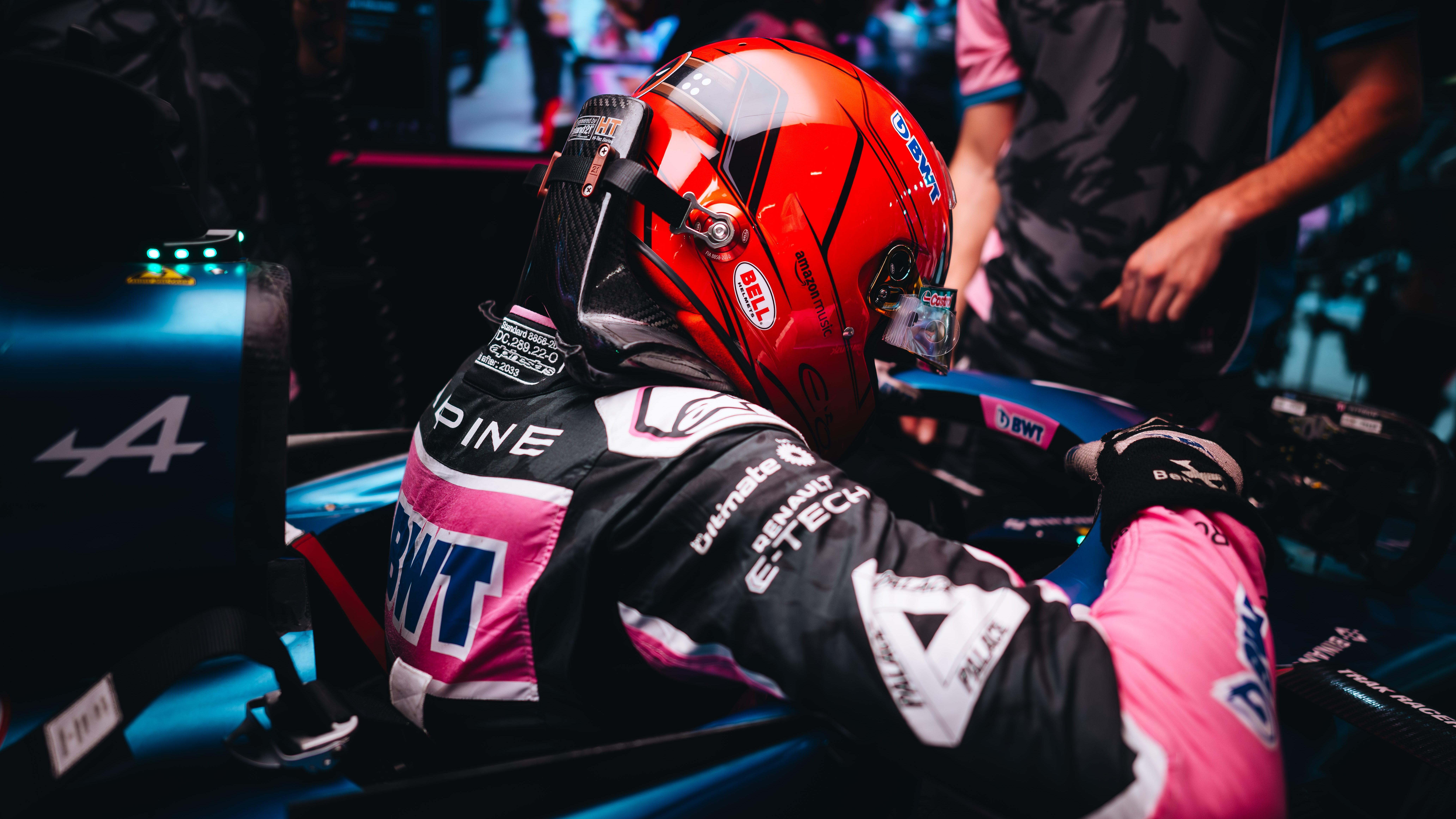Inside Alpine F1 Team's Nocturnal Preparations For The Las Vegas Grand Prix
Pierre Gasly and Esteban Ocon fought jetlag and loose drain covers to race on the Vegas Strip
(We are saying goodbye to 2023 by re-visiting our favorite posts from the last year. To see why we loved these stories, check out what we said about them here.)
The Las Vegas Grand Prix was a Formula 1 race like no other. The spectacle in the middle of the casino oasis put an extra burden on the drivers and teams for several reasons: the bizarre late-night schedules, the extensive media obligations and the bombastic nature of racing on the Strip. The unique Saturday night race required an unusual effort from the BWT Alpine F1 Team to prepare, including blackout curtains and greyscale casino towers.
Full disclosure: Alpine invited me to join its F1 team for the 2023 Las Vegas Grand Prix, including staying at the Venetian Resort alongside the team.
Wednesday was the first official day of the race week and featured a star-studded opening ceremony akin to a Super Bowl halftime show. Just two hours before, Alpine drivers Pierre Gasly and Esteban Ocon were racing team-branded gondolas in the Venetian's indoor canals; a stunt was filmed for television and social media. It was impossible to avoid the fact this wasn't a normal Formula 1 weekend.
I would later discover that it was early in the day for the drivers despite only being 5:00 p.m. local time. Vegas' pomp and promotional activations couldn't distract from the sporting competition at the core of this half-billion-dollar event. Gasly said to me, "As an F1 driver, you need to be on top of your game every single time you jump in the car." Both Gasly and Ocon worked with their trainers to be well-rested and at their cognitive peak for the track sessions regardless of the local time.
F1 races typically start at 3:00 p.m. However, the start time in Vegas was at 10:00 p.m. under floodlights and neon signs. Every F1 driver had to acclimate to a time zone shift as if they were racing in Japan, not Nevada. The days on-site would start in the afternoon and end in the early hours of the following morning.

Alpine's drivers got a headstart on acclimating. Gasly had a session in the team's simulator on Friday before race week and shifted his sleep schedule on Saturday. He emphasized, "You don't tackle jetlag the day you arrive." He hoped to get into a steady rhythm by Tuesday when he competed in the Netflix Cup, a made-for-streaming pro-am golf tournament at the Wynn Golf Club.
Mentioning the simulator, it's a tool that F1 teams heavily rely on to prepare for race weekends. The sim was even more crucial for Las Vegas because it's an entirely new circuit that no one has raced on before. The drivers must learn the track, and engineers also need to prepare their cars. Alpine's technical director Matt Harman stated the team always aims to have a track-specific setup ready before either Alpine A523 even rolls out for practice.

The sim version of the Las Vegas street circuit was somewhat different from what the drivers actually experienced. Ocon explained to me, "Because it was a very last-minute model, the track was well made, but you had like gray towers on the side." He hoped the trackside buildings would be fully fleshed out for next year.
When I asked his teammate for further details, Gasly replied surprised, "Did he say that? He wasn't supposed to say that!" He wasn't a massive fan of Ocon sharing any information about the team's proprietary simulator. Gasly added, "He speaks too much. I need to have a word with him." However, nothing in the sim could have prepared Ocon for what happened to him the first time out on track.

The first practice session on Thursday night immediately threw a violent curveball for Alpine. Eight minutes into practice, Carlos Sainz drove over a water valve cover and its concrete frame failed. The cover was shot straight into the floor of Sainz's Ferrari, destroying the car. Ocon significantly damaged his own machine when he drove over the debris. Alpine mechanics spent the rest of the night rebuilding Ocon's car with a spare chassis. The sun was starting to rise when some team personnel finally arrived back at the hotel.
Despite qualifying 17th the next night, Ocon repaid his team's efforts with a spectacular drive up the field during the race. He passed a dozen other drivers, including Gasly, to finish in fourth place, his second-best result of the season.
Not long after the checkered flag, the team's focus shifted to the next week's season finale in Abu Dhabi and next season. When asked about the expected toll of the 24-race 2024 season, Ocon quickly acknowledged the people with the most demanding roles on this intercontinental odyssey. He said, "It's tough, for sure. I can't complain on my side. The guys in the garage, the mechanics and the engineers, have much longer days and tough ones. They are going to be the ones suffering much more."
Formula 1 drivers embody a weird hybrid of athlete and astronaut. They are behind the steering wheel in a dangerous technological arms race that requires an army of highly skilled personnel behind them. F1 is a competitive and commercial challenge that has reached a new frontier in Las Vegas and shows no sign of slowing down soon despite the strain put on the drivers and teams.
